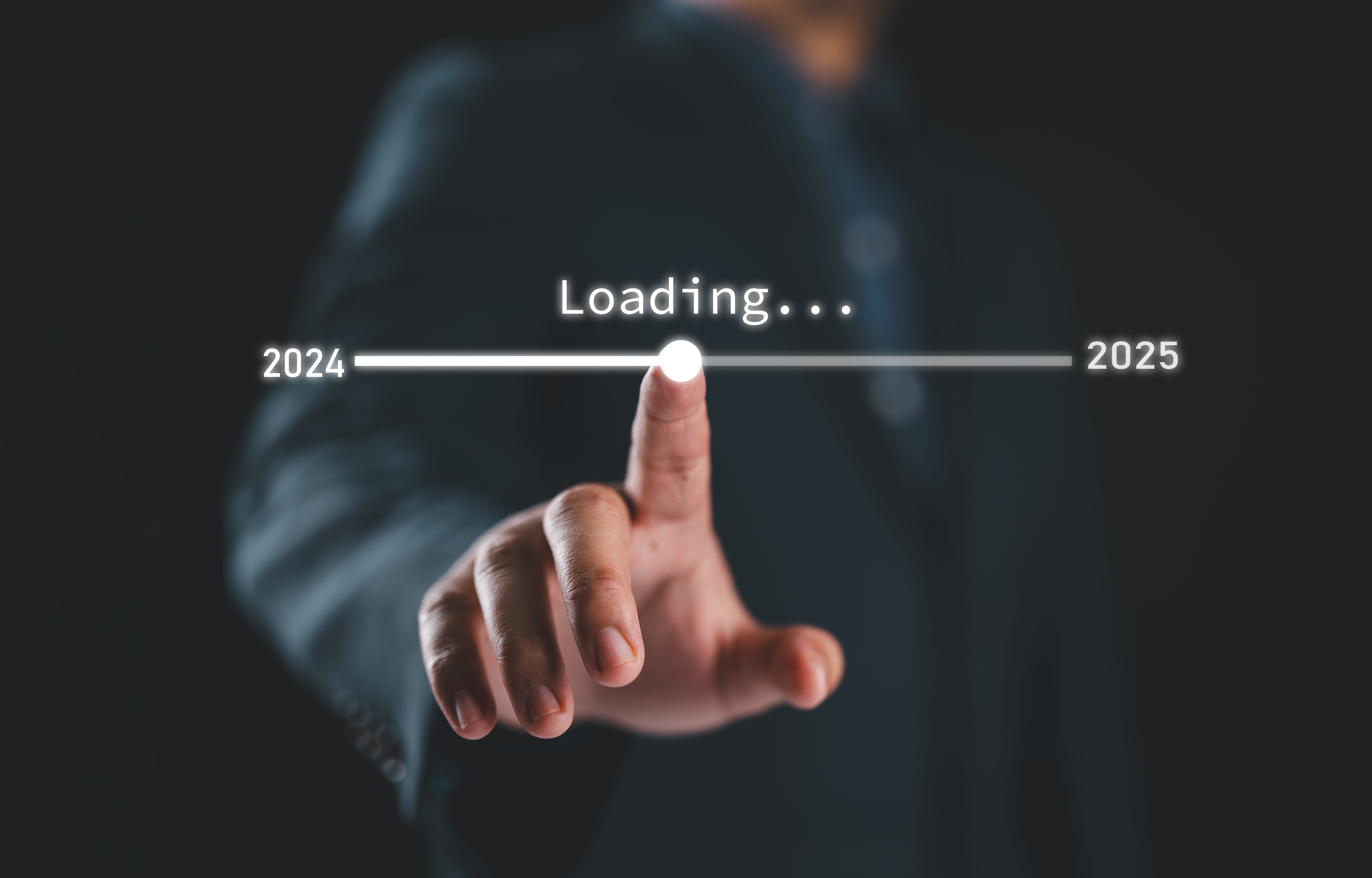
Technology and Workers' Compensation: Innovations and Future Trends
In the ever-evolving landscape of workers' compensation, technology is playing a transformative role. As a third-party administrator (TPA) specializing in workers' compensation, IPMG is at the forefront of leveraging technological advancements to enhance the efficiency, accuracy, and overall effectiveness of our services. Let’s explore the latest innovations in technology and their impact on workers' compensation, as well as future trends that promise to reshape the industry.
Artificial Intelligence and Predictive Analytics
Artificial intelligence (AI) and predictive analytics are transforming the way we manage claims. By analyzing vast amounts of data, AI can identify patterns and trends that may not be immediately apparent to human adjusters. This enables more accurate risk assessments, early identification of potentially high-cost claims, and proactive intervention strategies. Predictive analytics can also help in fraud detection by flagging suspicious activities that warrant further investigation.
Wearable Technology: Enhancing Safety and Monitoring
Wearable technology, such as smartwatches and fitness trackers, is increasingly being used to enhance workplace safety and monitor the health of employees. These devices can track physical activity, monitor vital signs, and detect signs of fatigue or stress. In the event of an injury, wearables can provide real-time data on the incident, helping to determine the cause and prevent future occurrences. This technology not only promotes a safer work environment but also aids in the timely and accurate reporting of injuries.
Blockchain: Ensuring Data Security and Transparency
Blockchain technology is making strides in ensuring the security and transparency of workers' compensation data. By creating an immutable ledger of transactions, blockchain can prevent unauthorized alterations and provide a clear audit trail. This enhances trust between all parties involved, including employers, employees, medical providers, and insurers. Additionally, blockchain can streamline the claims process by reducing paperwork and automating key steps, leading to faster resolution times.
Mobile Apps: Simplifying Claims Management
Mobile applications are revolutionizing the way workers' compensation claims are managed. These apps allow injured workers to report incidents, upload medical documents, and communicate with their claims adjusters directly from their smartphones. Employers can also use mobile apps to track the status of claims, receive notifications, and access important resources. By simplifying the claims management process, mobile apps improve efficiency and enhance the overall experience for all stakeholders.
Virtual Reality: Training and Rehabilitation
Virtual reality (VR) is finding applications in both training and rehabilitation within the workers' compensation space. VR-based training programs can simulate hazardous work environments, allowing employees to practice safety protocols without risking injury. For injured workers, VR can provide immersive rehabilitation exercises that aid in recovery and improve functional outcomes. These applications of VR contribute to both preventing injuries and facilitating effective rehabilitation.
Future Trends: What to Expect
As technology continues to advance, the future of workers' compensation looks promising. Here are some trends to watch for:
- Augmented Reality (AR): AR could enhance on-the-job training and safety by overlaying digital information onto the physical world, providing real-time guidance and hazard alerts.
- Internet of Things (IoT): IoT devices can create connected workplaces where machinery, tools, and safety equipment communicate to monitor conditions and prevent accidents.
- Robotics: Autonomous robots could be used for tasks in hazardous environments, reducing the risk of injury to human workers.
- Advanced Data Analytics: Enhanced data analytics capabilities will enable even more precise risk assessments and personalized interventions.
At IPMG, we are committed to staying ahead of these technological trends to provide our clients with innovative and effective workers' compensation solutions. By embracing these advancements, we can enhance safety, improve outcomes, and deliver superior service to our clients and their employees.
Technology is reshaping the workers' compensation landscape, offering new tools and strategies to improve safety, efficiency, and outcomes. From AI, to wearables and blockchain, these innovations are driving the industry forward. As we look to the future, IPMG remains dedicated to leveraging the latest technological advancements to continue delivering exceptional workers' compensation services. Stay tuned as we explore and adopt new technologies that will benefit our clients and their workforce.
For more information on how IPMG is incorporating technology into our workers' compensation services, feel free to contact us at info@ipmg.com or visit our website. Together, we can create a safer and more efficient workplace for everyone.


